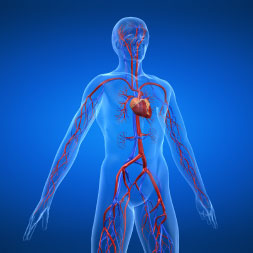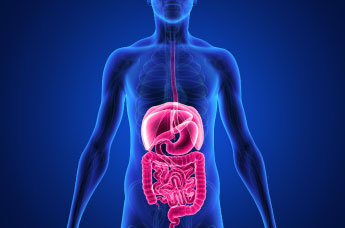Online courses directory (423)
A whirlwind introduction to evolution and genetics, from basic principles to current applications, including how disease genes are mapped, areas or research in evolutionary genetics, and how we leverage evolutionary concepts to aid humanity.
Behavioral genetic methodologies from twin and adoption studies through DNA analysis will be described and applied to address longstanding questions about the origins of individual differences in behavioral traits.
This course explores the organization of synaptic connectivity as the basis of neural computation and learning. Perceptrons and dynamical theories of recurrent networks including amplifiers, attractors, and hybrid computation are covered. Additional topics include backpropagation and Hebbian learning, as well as models of perception, motor control, memory, and neural development.
This subject will be an intensive introduction to neuroanatomy, involving lectures, demonstrations, and hands-on laboratories, including a brain dissection. The course will not assume any prior knowledge of neuroanatomy, though some general knowledge of brain structures will be helpful.
This course is an introduction to the mammalian nervous system, with emphasis on the structure and function of the human brain. Topics include the function of nerve cells, sensory systems, control of movement, learning and memory, and diseases of the brain.
This course surveys questions about human behavior and mental life ranging from how you see to why you fall in love. The great controversies: nature and nurture, free will, consciousness, human differences, self and society. Students are exposed to the range of theoretical perspectives including biological, evolutionary, cognitive, and psychoanalytic. One of the best aspects of Psychology is that you are the subject matter. This makes it possible to do many demonstrations in lecture that allow you to experience the topic under study. Lectures work in tandem with the textbook. The course breaks into small recitations sections to allow discussion, oral presentations, and individual contact with instructors.
This course is a survey of the scientific study of human nature, including how the mind works, and how the brain supports the mind. Topics include the mental and neural bases of perception, emotion, learning, memory, cognition, child development, personality, psychopathology, and social interaction. Students will consider how such knowledge relates to debates about nature and nurture, free will, consciousness, human differences, self, and society.
Course Format
 This course has been designed for independent study. It includes all of the materials you will need to understand the concepts covered in this subject. The materials in this course include:
This course has been designed for independent study. It includes all of the materials you will need to understand the concepts covered in this subject. The materials in this course include:
- A full set of Lecture Videos by Prof. John Gabrieli.
- Reading Assignments in several books, including one free online textbook and detailed notes on another book.
- Assorted multiple choice and short answer questions to Check Yourself on the material in each session.
- Supporting Discussion content that elaborates on the lectures and reading.
- A rich collection of online resources for Further Study on each session's topics.
- A full set of Exams with solution keys, and extra practice questions for review.
Other Versions
Other OCW Versions
OCW has published multiple versions of this subject. ![]()




















